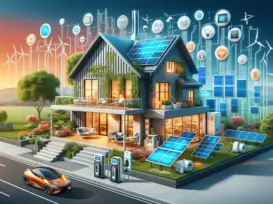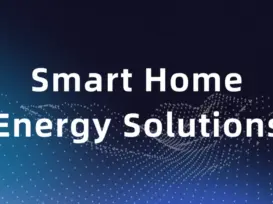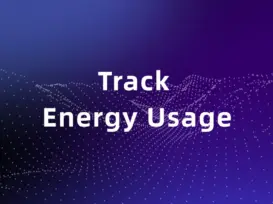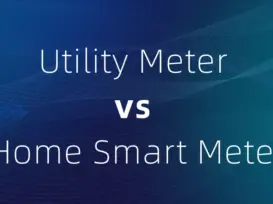Grus Home Energy - Energy Management
Strategies for Sustainable Energy Management: Balancing Efficiency and Conservation
Strategies for Sustainable Energy Management: Balancing Efficiency and Conservation
As the global demand for energy continues to rise, the need for sustainable energy management strategies becomes increasingly crucial. Energy management encompasses a broad range of practices aimed at using energy more efficiently and reducing consumption where possible, in order to minimize environmental impact and save costs. A strategic approach to energy management is essential for businesses, governments, and individuals alike to ensure that the growing energy needs of our modern world are met without compromising the future of our planet.
The first step in energy management is often conducting an energy audit. This process involves assessing current energy use and identifying areas where consumption can be reduced. Audits can reveal inefficiencies in systems and processes, such as outdated machinery, poor insulation, or energy-intensive practices. By addressing these areas, organizations can significantly lower energy consumption and reduce costs.
Once energy usage has been audited, the implementation of energy-efficient technologies is the next logical step. This includes upgrading to LED lighting, installing programmable thermostats, and using energy-efficient appliances. In industrial settings, this might involve investing in high-efficiency motors, variable frequency drives, or advanced heating, ventilation, and air conditioning (HVAC) systems. The initial investment in these technologies is often offset by the long-term savings on energy bills.
Renewable energy sources, such as solar, wind, hydro, and geothermal, are fundamental to sustainable energy management. Transitioning to renewables not just reduces dependence on fossil fuels but also mitigates greenhouse gas emissions. For businesses and homeowners, installing solar panels or wind turbines can provide a reliable source of clean energy and allow for self-sufficiency in terms of power supply.
Behavioral changes also play a significant role in energy management. Encouraging employees to switch off lights, computers, and machinery when not in use can lead to substantial energy savings. Similarly, educating individuals about energy conservation and promoting public transport or car-sharing can have a positive impact on energy usage patterns. By fostering a culture of sustainability and conservation, organizations and societies can make meaningful progress toward energy efficiency.
Energy management systems (EMS) are gaining popularity as they provide real-time data and control over energy consumption. These systems utilize sensors and smart meters to monitor energy usage and can automatically adjust settings to optimize energy use. Additionally, advanced analytics can predict energy demand and help in making informed decisions about energy purchase and consumption.
Regulatory frameworks and incentives also help drive energy management initiatives. Governments around the world are implementing policies and regulations to promote energy efficiency and conservation. Such measures may include tax incentives for energy-efficient upgrades, subsidies for renewable energy projects, and penalties for excessive energy consumption or emissions.
Finally, continuous monitoring and improvement are critical to sustaining the gains achieved through energy management. This involves regularly reviewing energy usage patterns, staying updated with the latest energy-efficient technologies, and being adaptable to new strategies or practices that could further optimize energy use.
In conclusion, effective energy management is a multifaceted endeavour, requiring a combination of technological innovation, behavioral change, regulatory support, and continuous improvement. By adopting comprehensive strategies that balance energy efficiency with conservation, we can meet our current energy needs while ensuring a sustainable and responsible energy future for generations to come.
Blog, Smart Home Automation , February 17, 2024 , Electric Vehicle (EV) Charging, Energy Consumption Analysis, Energy Management, Energy Savings and Profit, Heat Pumps Optimization, Home Battery Storage, Renewable Energy Technologies, Smart Grid Technology, Smart Metering, Smart Metering Systems, Solar Panels Efficiency, Sustainability in Home Energy
©2025 All Rights Reserved. Grus IoT Co.,Ltd.





